2022 SPEAKERS

Dr. Anita Bangale
Every shift I work as a physician in the Emergency Department allows me to feel the pulse for conflicts we manage, in addition to the deeper challenges facing society. The pandemic has exacerbated the alarming trend of mental health concerns, and we experience this first hand in the ER. Currently, mental health issues begin on the average at age 13, and the suicide rate has increased by 30% between the year 2000 and 2022. I imagine a different world – a post-pandemic culture where we incorporate the tools of social prescription to manage our mental health in a healthy way. By integrating depression and incorporating the tools of social prescribing into our daily education and conversations, we can bridge the current gap of understanding mental health and forge a path towards healing.
Social prescribing is an approach that seeks to fill in the gaps by connecting people with community resources by understanding their passion and purpose. It is an intervention that pivots from our traditional model of treatment of slapping down prescriptions and instead encourages us to start weaving in solutions by connecting with our community. Let us smash the stigma of seeking help into pieces.
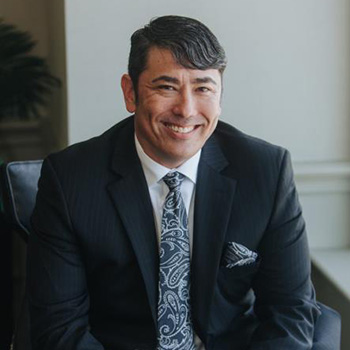
James A. Felts
As a former Company Commander in Iraq, Army Ranger and 82nd Airborne Paratrooper, my motto has always been “It’s not about me. It never has been. It never will be.” After retiring with over 21 years of service to my country, everything changed when I left the only life I had ever known: the military. Transitioning into civilian life is extremely hard because your motto must change. You are no longer a part of the team and must act contrary to your instilled beliefs by promoting yourself individually. Our biggest internal obstacle is trying to find out who we are during our transformation from battlefields to business. To succeed, one needs to build a strong self-relationship and return your focus to yourself. “It is about me, and who I want to be.”

Clodagh Lyons-Bastian
Evolution, biological programming, and psychological biases act as automatic triggers in our perception of reality and predispose us to unwittingly label those outside our group as “other”. When we encounter others with different political views, origin, status, or race, we jump to automatic conclusions about their worth, trustworthiness or other character traits based solely on a split-second assessment made by our “pre-historic” brain. Originally evolved as useful survival mechanisms, these triggers often hinder us in the modern world, leading us to miss real connections and friendships. Or worse, we automatically dislike, stereotype, or discriminate against those we perceive as different, without even realizing why we are doing it.
While these dynamics create powerful forces within us, their strength lies in operating undetected by the conscious mind. Once we recognize what is happening and remove ourselves from the automatic process, we are able to check our biases in a more realistic light, allowing us to decide on their merit consciously. This process of evaluation can be practiced, enabling us to assess others more authentically and bridge the divide to a greater appreciation of one other.
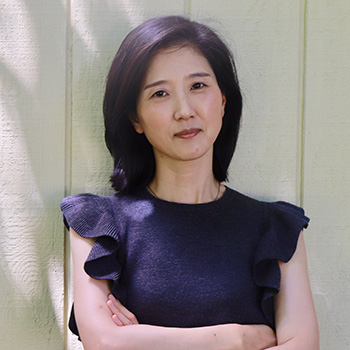
Kiyeon Nam
I was six years old when I was left alone at Namsan Mountain Park in Seoul, South Korea. My grandfather was sitting on the bench beside me, drinking soju. Then he disappeared. I was lost. Years later, I temporarily lost my daughter while shopping when she was three years old. This terrifying experience connected me as a mother to my 6-year-old self.
My idea is about finding missing children in a way we have never done before by utilizing smart apparel. It’s about transforming our helplessness when a child goes missing into action. When we hear news about missing people, we can take responsibility and act intentionally by utilizing our connected devices to love and care for people who are in need. This is what I call “kind technology”—technology that promotes kindness.
It’s about how we can create a better kind of “Amber Alert” to find missing children. This is the beginning of a socially responsible technology revolution. In the community, kindness is the new currency.

Chief Estella D. Patterson
Police and community relations in the United States reached a tipping point in 2020 with the death of George Floyd. The aftermath has created a wide divide that must be bridged to prevent crime statistics unfavorable to the very communities police take an oath to protect and serve. In this talk, I present strategies to unite the red, the white, and the blue in the Raleigh community and beyond, while addressing the realities of an internal police culture that must shift.
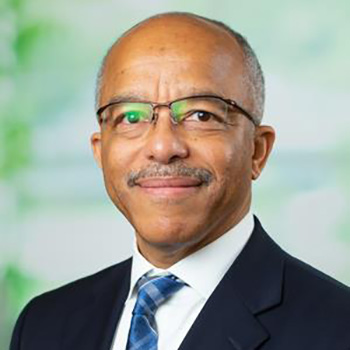
Dr. Alvin C. Powell
Health equity is where everyone has a fair and just opportunity to be as healthy as possible.
Like other forms of social injustice, the origins of health inequality connect directly to the unique historical legacy of America. That link is not always apparent to many. Although patients have a role in their own health outcomes and are often blamed for the disparities, structural and institutional racism has played a major role in the creation and perpetuation of these inequities for people of color.
Current interventions over decades have done little to improve healthcare disparities. Transformational system changes are needed to improve healthcare for all.
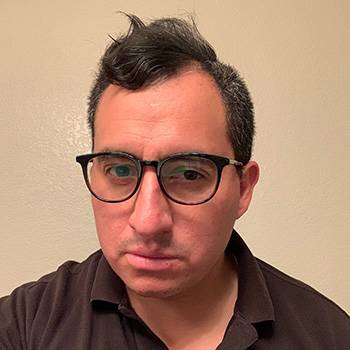
Jonathan Rivera
Blockchain will be the way to fight today’s polarization. Through decentralized and public ledgers, we will have the future of communication. NFTs will change the way we vote and have elections. They will be our new Govt ID’s. We are in the middle of a trust revolution.
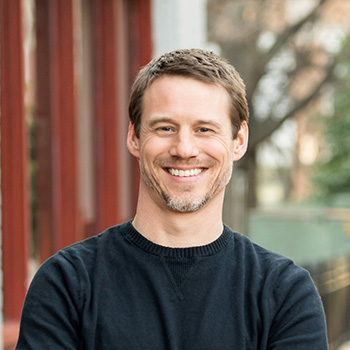
Timothy Whitney
Digital Assets are already woven into our global fabric and if you don’t own them already, you will soon.
My work is on decrypting the universe of crypto(currency). The discussion is meant to inspire and educate so that listeners can understand not how, but why this is a revolutionary space. All great innovations (railway system, Egyptian pyramids, The Great Wall of China) seemed irrational and impossible; digital assets like blockchain, NFTs, cryptocurrencies, and DeFi are treated today in this same manner.
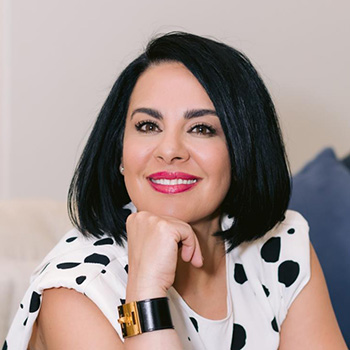
Dr. Adrienne Youdim
Excess weight had reached epidemic proportions even before the pandemic, having negative consequences in every domain of health and wellbeing. As physicians, we manage weight by suppressing hunger, but our hunger serves a purpose. Our hunger is emotional, spiritual and represents our unmet psychological needs. And yet, we are not taught to embrace our hunger. We are taught to be ashamed. So we hide our hunger, feed it, drink it, smoke it, squash it. In nearly two decades of doing this work, I know that our hunger offers an invitation and, when met, an opportunity to live in alignment with our most authentic self and to reach our fullest potential.

Dr. Kerry-Ann Zamore
As the daughter of immigrant parents and an immigrant myself who transitioned to the US as a pre-teen, I have lived and have witnessed how fellow immigrant children struggle with role confusion, and ethnic and racial identity as we become Americans. I was 10 years old when my world came to a crashing halt as I learned to become African American; I had never been African American before, so I had no idea who I was becoming. My Caribbean culture and strict religious upbringing compounded my new identity. I was no longer a young Dominican girl from a small village where everyone knew each other, I was now an America and this America was fast-paced, loud and very confusing with so many new rules to adhere to.
My idea is to share the struggles as well as the victories of bridging the gap and blending my worlds to become a confident woman of color.
